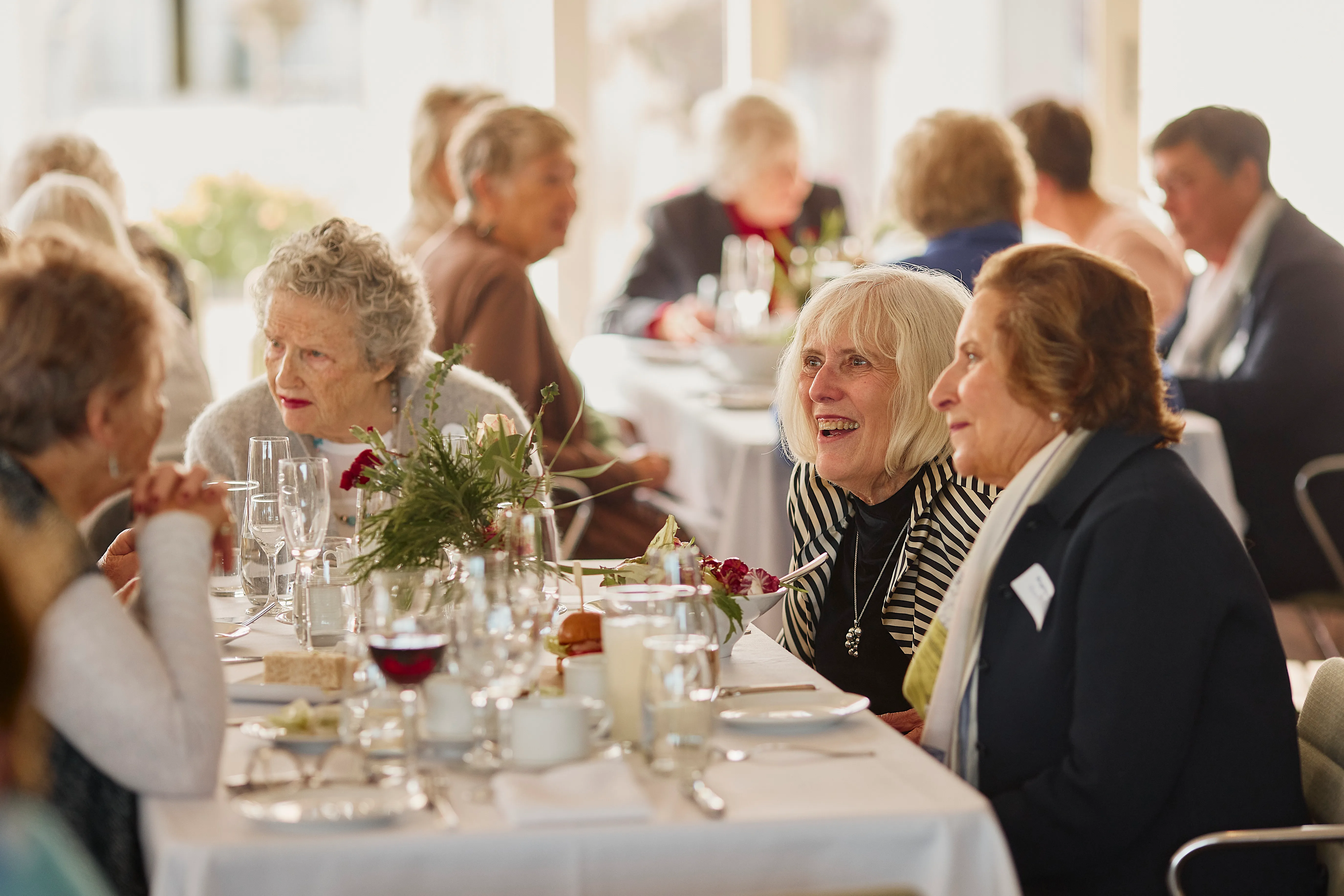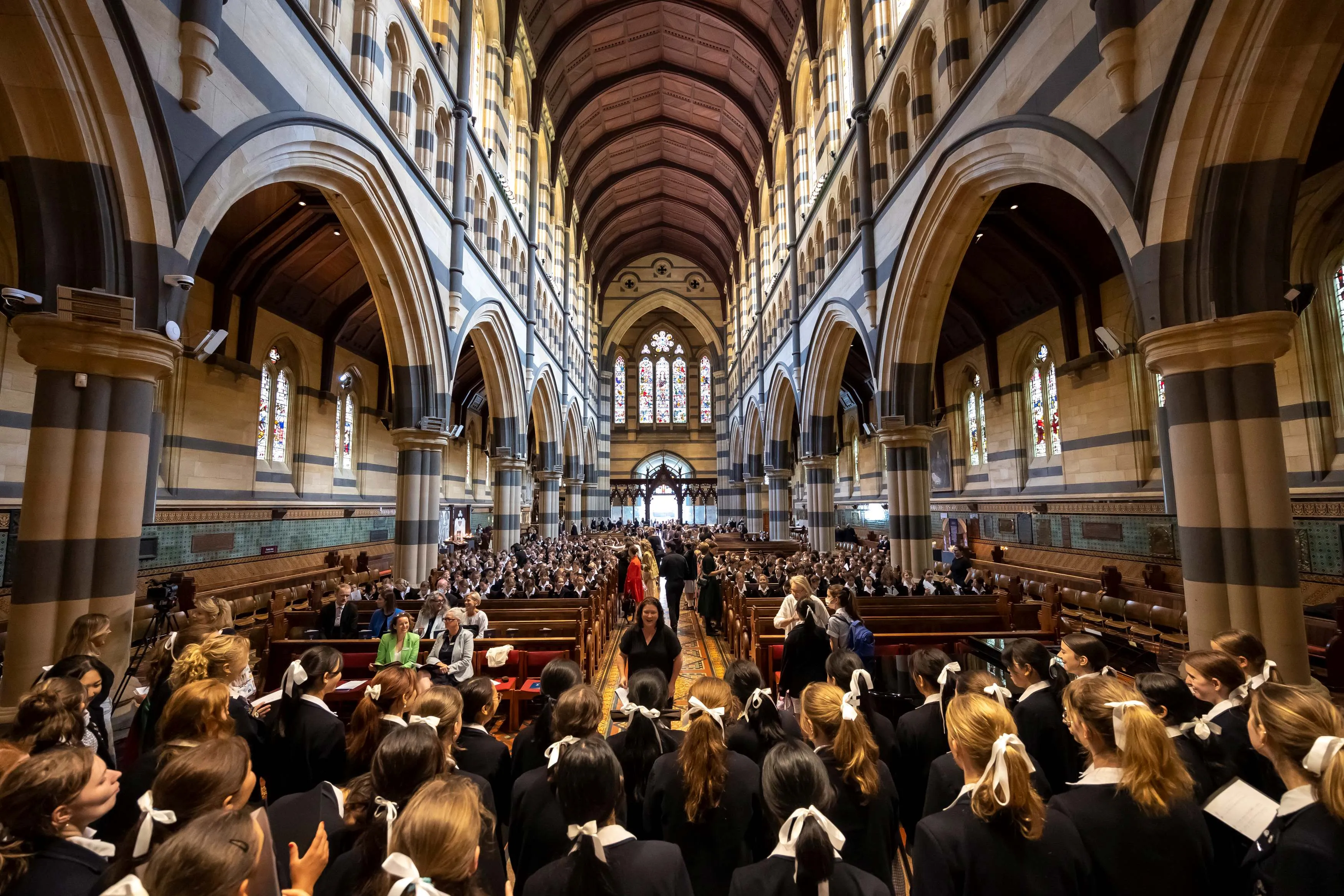.webp)
.webp)
Kylie Payman teaching the song to ELC Grammarians accompanied by Alexandra Zhang (OG 2022)
.webp)
.webp)
Kylie Payman teaching the song to ELC Grammarians accompanied by Alexandra Zhang (OG 2022)
Empowering Young Voices
Our ELC students are passionate creators, which is not surprising when so many opportunities are presented to explore artistic expression in ways that stimulate, excite and simply hums with the sounds of learning.
Within the ELC, music specialist and Early Childhood educator, Kylie Payman, fuels the passion for the Arts amongst our youngest Grammarians.

In 2021, Kylie’s combined musical and early childhood expertise led to her her co-authoring a book, Music Composition in Early Childhood Contexts. This resulted in an invitation from the MSO in 2022 to share her expertise in early childhood music at their annual Melbourne Music Summit, with a focus on how group singing in the classroom can support and extend the curriculum in early childhood education.
Kylie is a firm believer in immersive learning and an arts-based curriculum.
“At the Early Learning Centre, we adopt a Reggio Emilia-inspired learning approach and embrace an arts-based curriculum that values the many languages of children, one of which is music. An arts-based curriculum acknowledges that the arts are not just separate subjects but also powerful tools for promoting cognitive, emotional and social development."
"The arts provide a rich and immersive learning environment that values creativity, self-expression and the individuality of each child, making learning enjoyable and meaningful. The arts offer children the freedom to discover their unique voices, they encourage exploration and experimentation, and ultimately help them build a strong foundation for lifelong learning and self-expression."
The MSO graciously invited Kylie and her kindergarten class, the (2022) Wilmot Group, to the ABC Iwaki Auditorium for a unique experience: filming a choral performance of chosen songs from their repertoire.
“After thoughtful consideration of the children's interests and strengths, I selected two songs from The Yarra Song Cycle. These compositions were crafted as part of an early childhood artist-in-residence program with the esteemed Australian composer, Stephen Leek."
“Our selections were pieces that were co-written by the four-year-old children and were titled Rainbow Lorikeet and Muddy River. The intervention provided a springboard to exploring our natural environment and learning more about Indigenous culture.” Kylie explained.
The students used clay to create their own lorikeets and built large scale installations of the river in the classroom space. They made paintings about the different layers of the natural world and discussed the seasons and the importance of looking after the environment. These activities linked with the songs that would be used in the MSO performance.
Imparting First Nations’ perspectives to young children is a requirement of the Australian Early Childhood Curriculum, which states that early childhood plays a critical role in advancing Reconciliation in Australia. This intent was brought to life through this project, explained Kylie.
“What a privilege that we are home to the world’s oldest and longest living culture. The songs we selected were about the birds the children can hear and see, and the Yarra River that runs at the bottom of the street linking us to the city and the bay beyond. They speak of what holds meaning for children in their everyday lived experience, the natural spaces that our children live, learn and play in. Art helps us to feel as well as know.”
In the book Songspirals by the Ga’wu women (collaboration between five Yolŋu women and three non-Indigenous women), they say, “We belong to the land and it belongs to us. We sing to the land, sing about the land. We are that land.”
When we ventured down Walsh Street to look at the river, the children were thrilled: the colour, the choppy waves and the fast current were all observed, “The water sings with us!” remarked Charlotte.
The MSO performance proved to be a remarkable learning experience for our young Grammarians, who were able to engage in both the process and performance aspects of music-making. The songs we chose were deeply entwined with their curriculum content, enriching their educational journey. As an educator, it was gratifying to showcase examples of best practice with fellow professionals in the early childhood education field and beyond at the Melbourne Music Summit. Furthermore, it strengthened the ongoing relationship between MGGS and the MSO, further expanding the orchestra's valuable role in offering learning opportunities to teachers.
In essence, this collaboration embodied the essence of our Reggio Emilia-inspired approach, using music as a core modality through which our children explore, express, and connect with the world.
To watch the children’s performances and learn more about Kylie’s approach please click here.
In 2021, Kylie’s combined musical and early childhood expertise led to her her co-authoring a book, Music Composition in Early Childhood Contexts. This resulted in an invitation from the MSO in 2022 to share her expertise in early childhood music at their annual Melbourne Music Summit, with a focus on how group singing in the classroom can support and extend the curriculum in early childhood education.
Kylie is a firm believer in immersive learning and an arts-based curriculum.
“At the Early Learning Centre, we adopt a Reggio Emilia-inspired learning approach and embrace an arts-based curriculum that values the many languages of children, one of which is music. An arts-based curriculum acknowledges that the arts are not just separate subjects but also powerful tools for promoting cognitive, emotional and social development."
"The arts provide a rich and immersive learning environment that values creativity, self-expression and the individuality of each child, making learning enjoyable and meaningful. The arts offer children the freedom to discover their unique voices, they encourage exploration and experimentation, and ultimately help them build a strong foundation for lifelong learning and self-expression."
The MSO graciously invited Kylie and her kindergarten class, the (2022) Wilmot Group, to the ABC Iwaki Auditorium for a unique experience: filming a choral performance of chosen songs from their repertoire.
“After thoughtful consideration of the children's interests and strengths, I selected two songs from The Yarra Song Cycle. These compositions were crafted as part of an early childhood artist-in-residence program with the esteemed Australian composer, Stephen Leek."
“Our selections were pieces that were co-written by the four-year-old children and were titled Rainbow Lorikeet and Muddy River. The intervention provided a springboard to exploring our natural environment and learning more about Indigenous culture.” Kylie explained.
The students used clay to create their own lorikeets and built large scale installations of the river in the classroom space. They made paintings about the different layers of the natural world and discussed the seasons and the importance of looking after the environment. These activities linked with the songs that would be used in the MSO performance.
Imparting First Nations’ perspectives to young children is a requirement of the Australian Early Childhood Curriculum, which states that early childhood plays a critical role in advancing Reconciliation in Australia. This intent was brought to life through this project, explained Kylie.
“What a privilege that we are home to the world’s oldest and longest living culture. The songs we selected were about the birds the children can hear and see, and the Yarra River that runs at the bottom of the street linking us to the city and the bay beyond. They speak of what holds meaning for children in their everyday lived experience, the natural spaces that our children live, learn and play in. Art helps us to feel as well as know.”
In the book Songspirals by the Ga’wu women (collaboration between five Yolŋu women and three non-Indigenous women), they say, “We belong to the land and it belongs to us. We sing to the land, sing about the land. We are that land.”
When we ventured down Walsh Street to look at the river, the children were thrilled: the colour, the choppy waves and the fast current were all observed, “The water sings with us!” remarked Charlotte.
The MSO performance proved to be a remarkable learning experience for our young Grammarians, who were able to engage in both the process and performance aspects of music-making. The songs we chose were deeply entwined with their curriculum content, enriching their educational journey. As an educator, it was gratifying to showcase examples of best practice with fellow professionals in the early childhood education field and beyond at the Melbourne Music Summit. Furthermore, it strengthened the ongoing relationship between MGGS and the MSO, further expanding the orchestra's valuable role in offering learning opportunities to teachers.
In essence, this collaboration embodied the essence of our Reggio Emilia-inspired approach, using music as a core modality through which our children explore, express, and connect with the world.
To watch the children’s performances and learn more about Kylie’s approach please click here.
In 2021, Kylie’s combined musical and early childhood expertise led to her her co-authoring a book, Music Composition in Early Childhood Contexts. This resulted in an invitation from the MSO in 2022 to share her expertise in early childhood music at their annual Melbourne Music Summit, with a focus on how group singing in the classroom can support and extend the curriculum in early childhood education.
Kylie is a firm believer in immersive learning and an arts-based curriculum.
“At the Early Learning Centre, we adopt a Reggio Emilia-inspired learning approach and embrace an arts-based curriculum that values the many languages of children, one of which is music. An arts-based curriculum acknowledges that the arts are not just separate subjects but also powerful tools for promoting cognitive, emotional and social development."
"The arts provide a rich and immersive learning environment that values creativity, self-expression and the individuality of each child, making learning enjoyable and meaningful. The arts offer children the freedom to discover their unique voices, they encourage exploration and experimentation, and ultimately help them build a strong foundation for lifelong learning and self-expression."
The MSO graciously invited Kylie and her kindergarten class, the (2022) Wilmot Group, to the ABC Iwaki Auditorium for a unique experience: filming a choral performance of chosen songs from their repertoire.
“After thoughtful consideration of the children's interests and strengths, I selected two songs from The Yarra Song Cycle. These compositions were crafted as part of an early childhood artist-in-residence program with the esteemed Australian composer, Stephen Leek."
“Our selections were pieces that were co-written by the four-year-old children and were titled Rainbow Lorikeet and Muddy River. The intervention provided a springboard to exploring our natural environment and learning more about Indigenous culture.” Kylie explained.
The students used clay to create their own lorikeets and built large scale installations of the river in the classroom space. They made paintings about the different layers of the natural world and discussed the seasons and the importance of looking after the environment. These activities linked with the songs that would be used in the MSO performance.
Imparting First Nations’ perspectives to young children is a requirement of the Australian Early Childhood Curriculum, which states that early childhood plays a critical role in advancing Reconciliation in Australia. This intent was brought to life through this project, explained Kylie.
“What a privilege that we are home to the world’s oldest and longest living culture. The songs we selected were about the birds the children can hear and see, and the Yarra River that runs at the bottom of the street linking us to the city and the bay beyond. They speak of what holds meaning for children in their everyday lived experience, the natural spaces that our children live, learn and play in. Art helps us to feel as well as know.”
In the book Songspirals by the Ga’wu women (collaboration between five Yolŋu women and three non-Indigenous women), they say, “We belong to the land and it belongs to us. We sing to the land, sing about the land. We are that land.”
When we ventured down Walsh Street to look at the river, the children were thrilled: the colour, the choppy waves and the fast current were all observed, “The water sings with us!” remarked Charlotte.
The MSO performance proved to be a remarkable learning experience for our young Grammarians, who were able to engage in both the process and performance aspects of music-making. The songs we chose were deeply entwined with their curriculum content, enriching their educational journey. As an educator, it was gratifying to showcase examples of best practice with fellow professionals in the early childhood education field and beyond at the Melbourne Music Summit. Furthermore, it strengthened the ongoing relationship between MGGS and the MSO, further expanding the orchestra's valuable role in offering learning opportunities to teachers.
In essence, this collaboration embodied the essence of our Reggio Emilia-inspired approach, using music as a core modality through which our children explore, express, and connect with the world.
To watch the children’s performances and learn more about Kylie’s approach please click here.
.webp)
.webp)
ELC Grammarians exploring the Botanic Gardens as part of their learning.

.webp)
.webp)
ELC Grammarians exploring the Botanic Gardens as part of their learning.
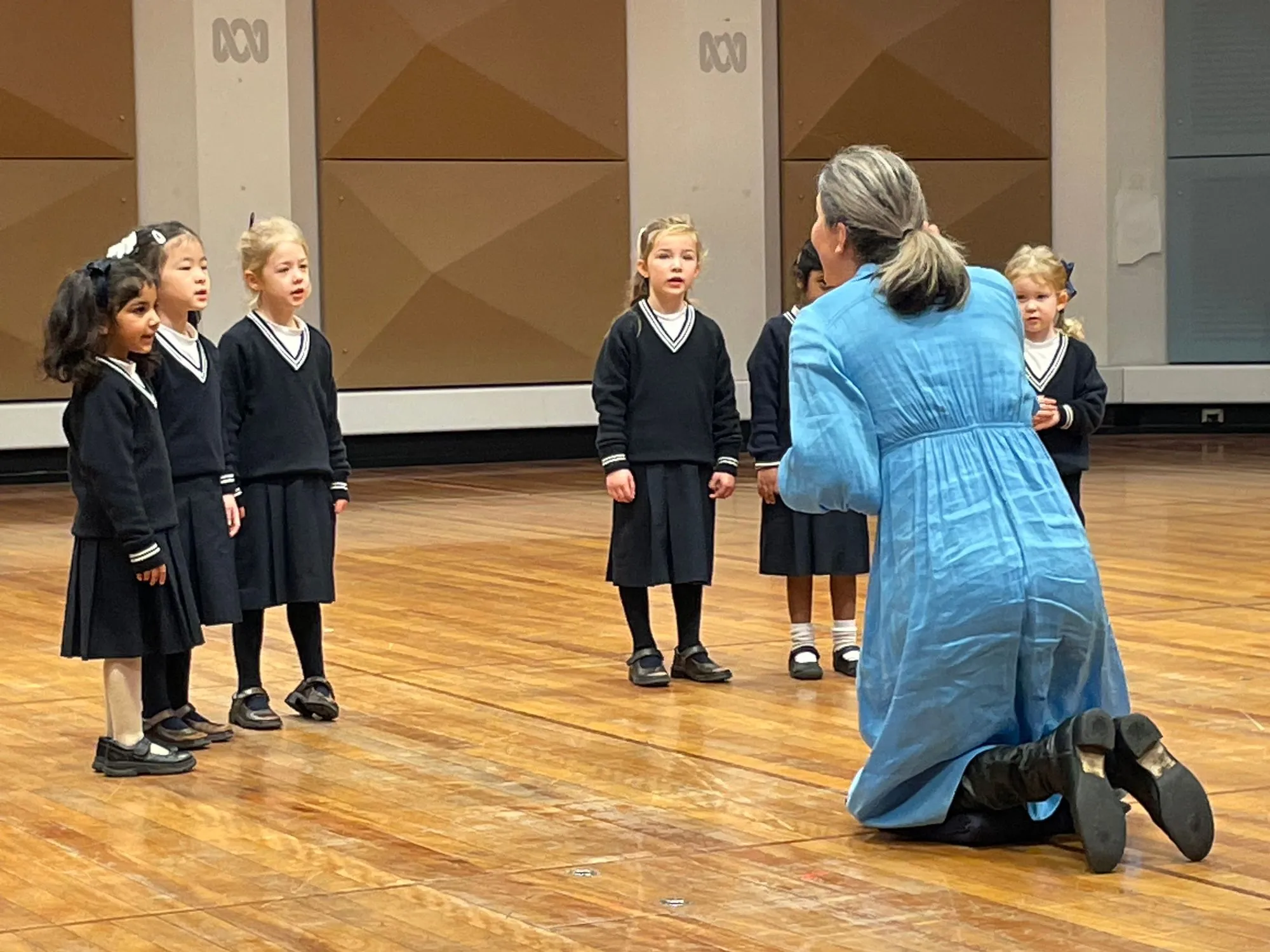

Kylie conducting the students singing at the ABC.
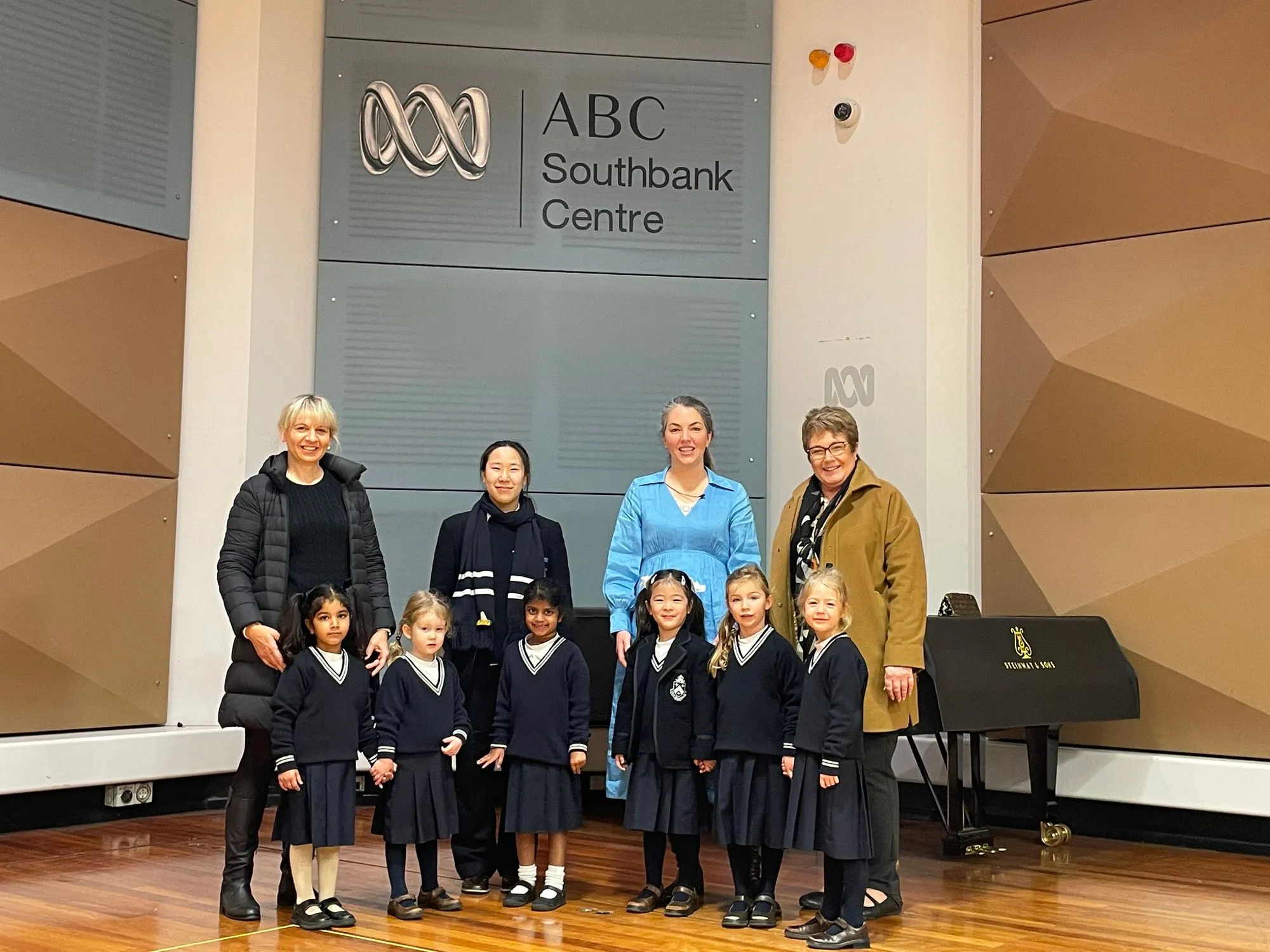

Anna Puchalski, Alexandra Zhang, Kylie Payman and Margaret Sellar with ELC Grammarians at the ABC.









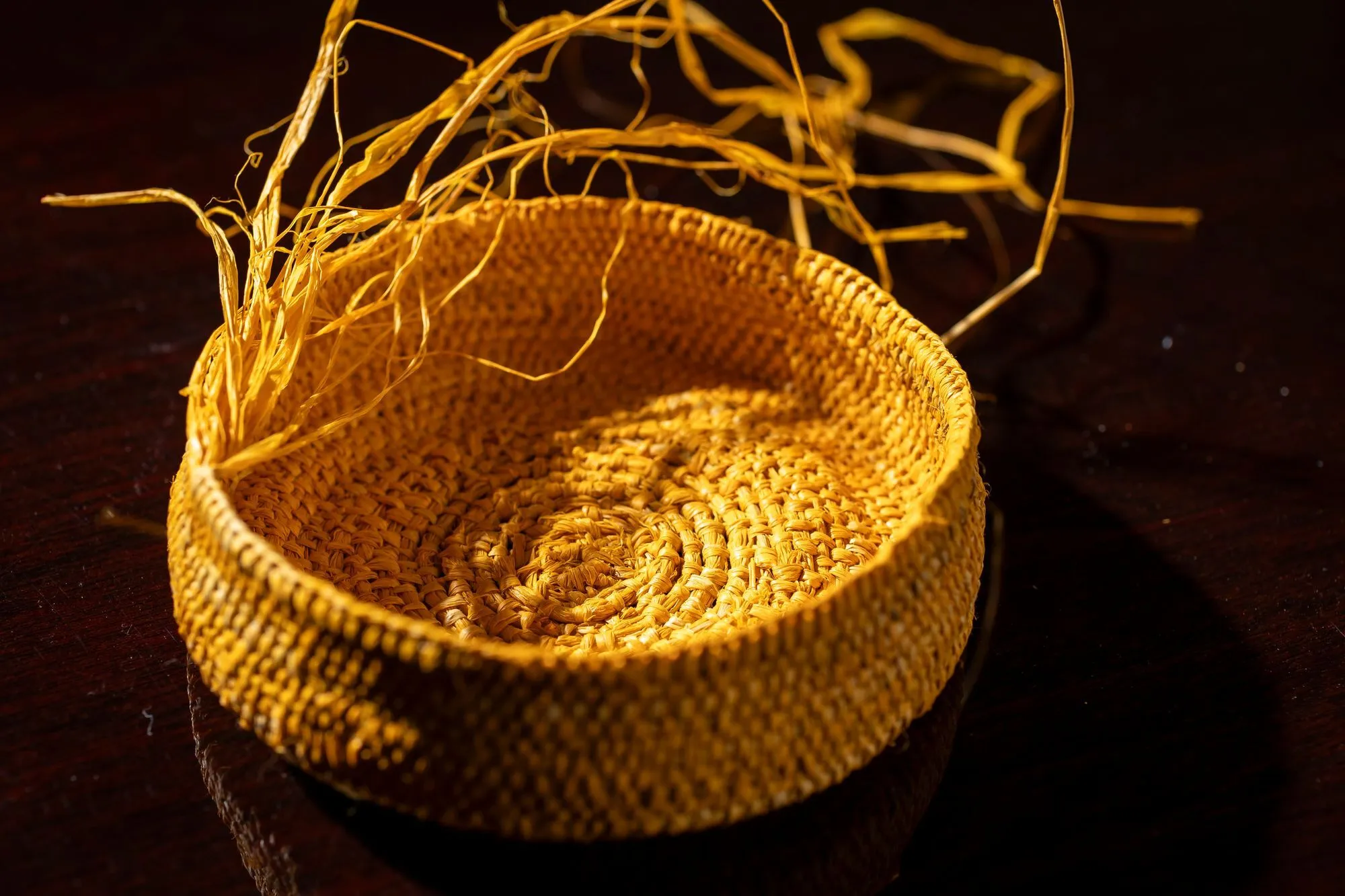
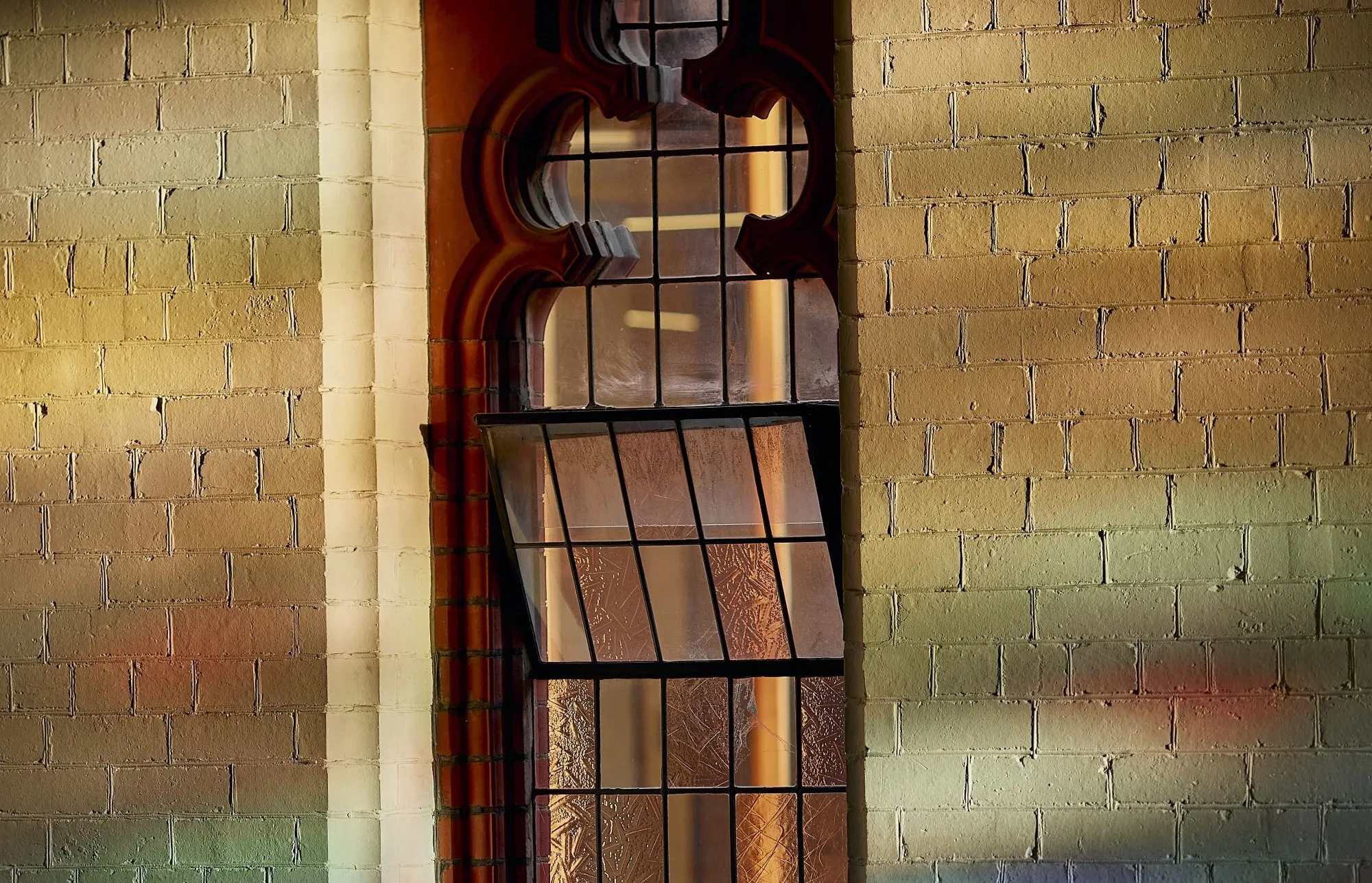
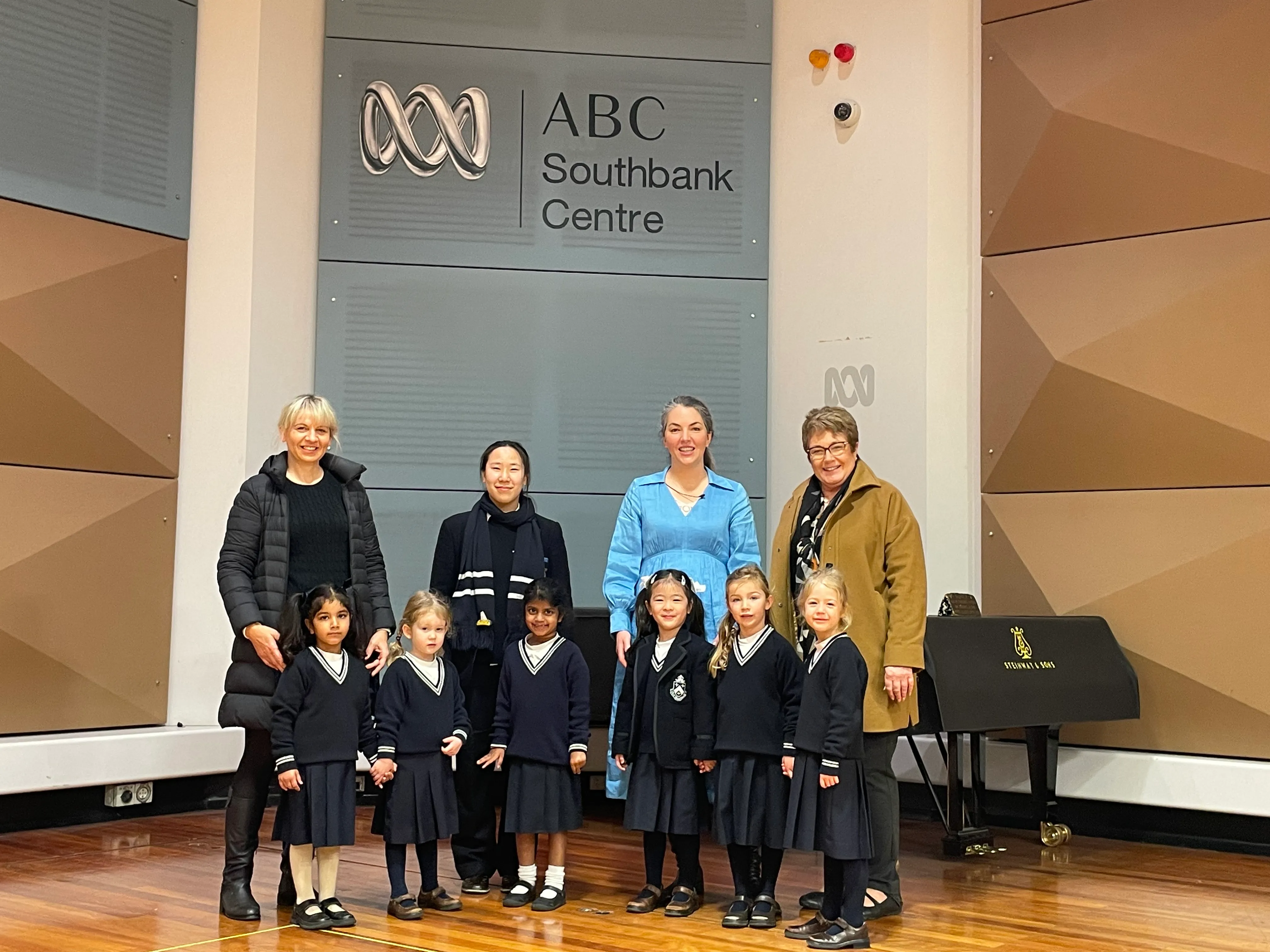

.jpg)

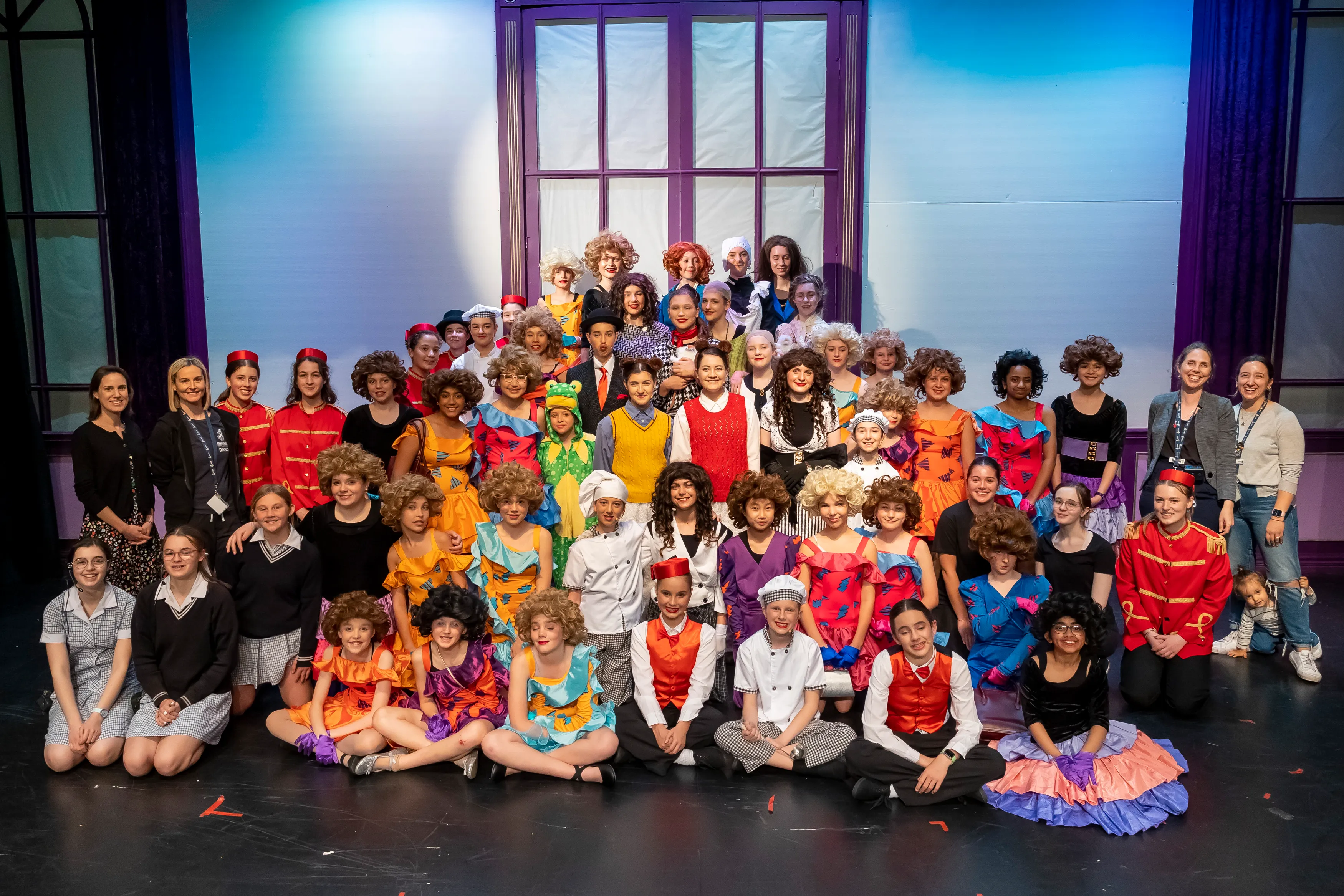
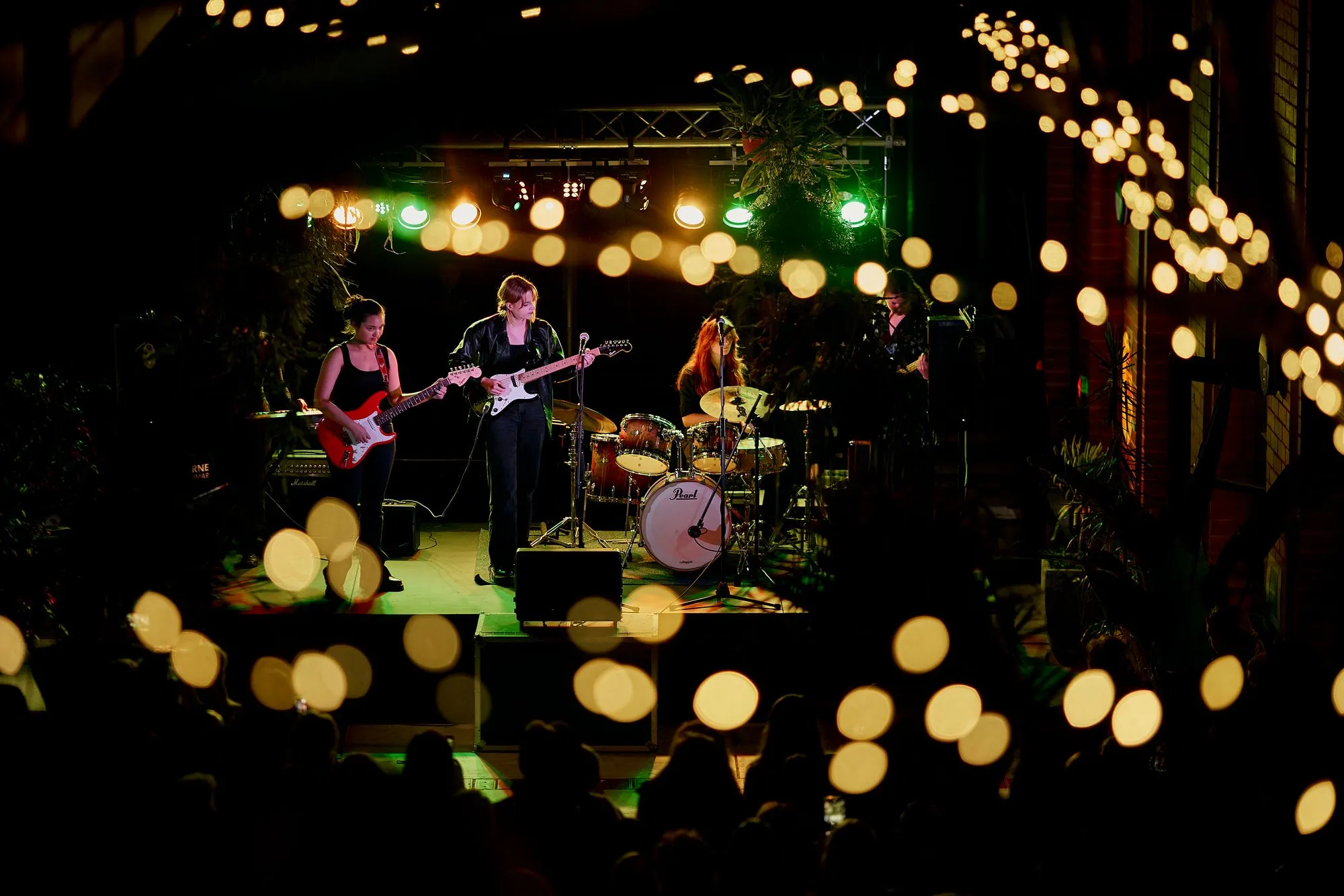
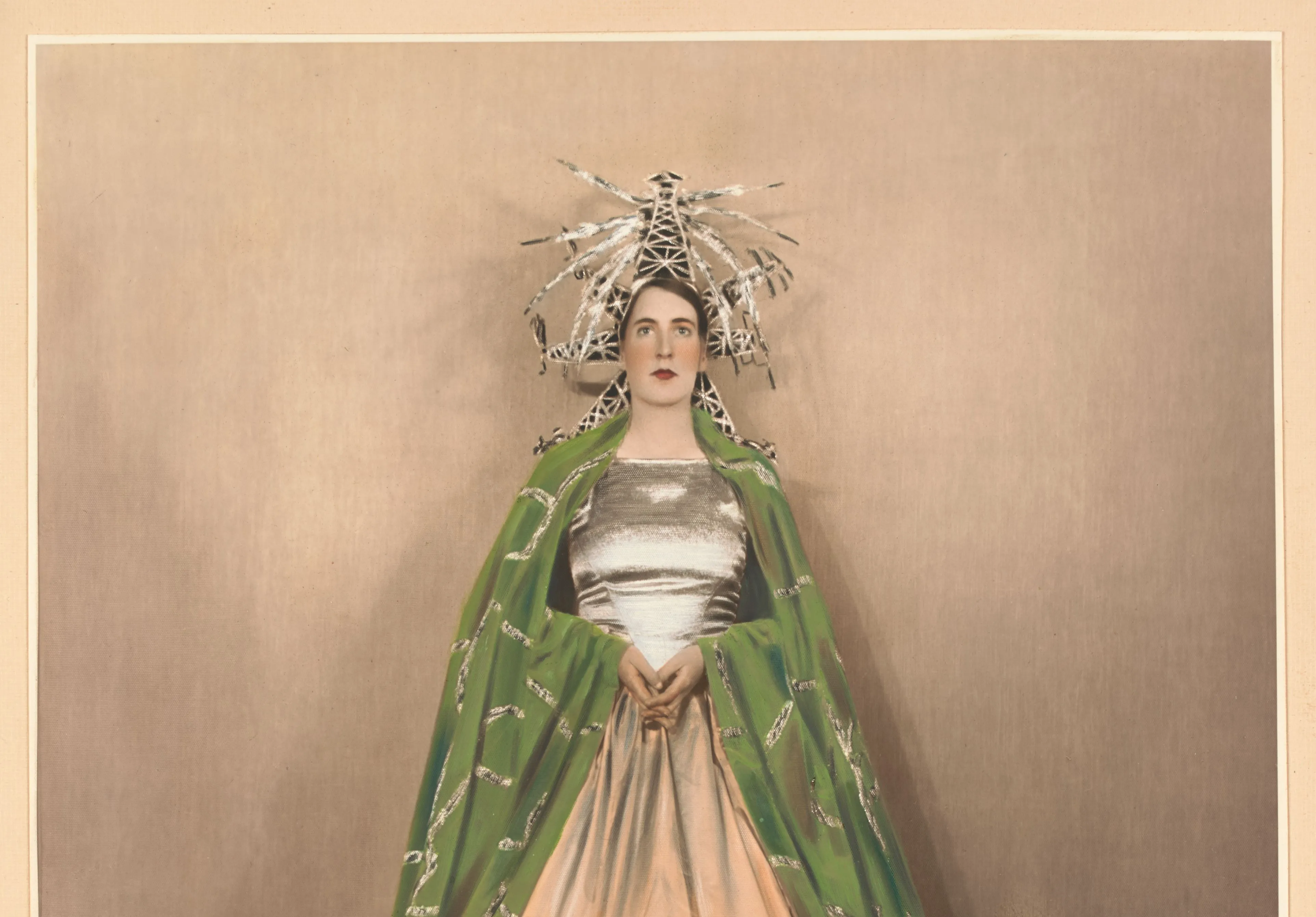
.webp)

